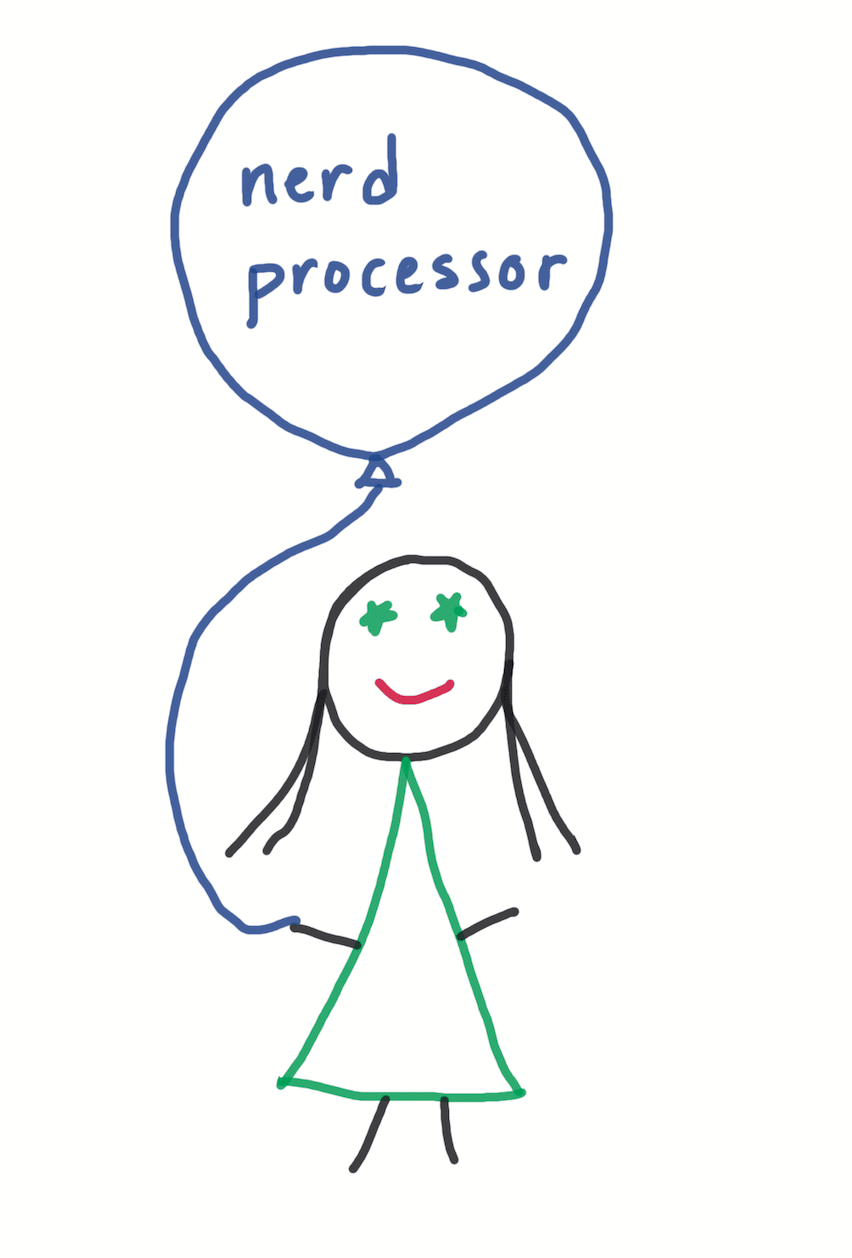Ghosty McGhosterson
Remember when I collected data from 288 job seekers to figure out who gets called back for the jobs they apply to? On average, people get more recruiter calls when they're in their 30s, working in tech, and looking at in-person roles.
Over the last three months, I've gone deep with 30 job seekers who meet this description. These are the people getting the most calls when they apply to open roles. As a group, they have applied for nearly 1,000 roles since October 1, 2024. Today, 21 of them are employed and 9 are still looking.
In that time, they have collectively completed 144 full interview loops, or 4.8 per person. And get this: After 51 of these interviews, these job seekers have been completely ghosted by the company interviewing them.
Yes, you read that correctly!
That's right: 35% of the time, the candidate goes through a full interview process, with recruiter screens and technical screens and an entire onsite or virtual interview loop, spending many hours with numerous people across the hiring team, only to never hear from the company again. 35% of the time!
I'd like to say I'm shocked about this, but I'm not.
Story time: The last time I applied for jobs in the broader market, it was early 2014. I had decided to leave Microsoft, but hadn't yet decided to start Textio. I didn't know what I wanted to do, and I spent a month talking to everyone I knew who was doing vaguely interesting work.
In the end, I applied for 6 roles. These 6 applications led to 5 full interviews and 3 offers. But for 2 of those interviews (40%!), I still haven't heard back 11 years later -- though one of the hiring managers did eventually apply for a role at Textio.
Who gets ghosted?
The 30 job seekers I'm focusing on have generally done well in the market. These are in-demand professionals who are moving from application to screen to interview loop to offer at impressive rates. Sure, some recruiters and companies have better follow-through than others. But, by and large, this is a successful group with solid offer rates, and they're still getting ghosted after 35% of their full interview loops.
What's going on here?
#1: Recruiters are more likely to answer short messages
A few months ago, I analyzed 1,100 sales emails to see which ones got a 90% response rate and which ones got ghosted. Messages that are short, direct, and skip the long-winded cheerfulness get higher response rates. The same patterns apply here, at least when the candidate is writing to a recruiter.
On the other hand, if the candidate is writing to the hiring manager rather than the recruiter, longer messages perform better. In more than half of the cases where candidates ultimately received an offer, they took the time to send the hiring manager an in-depth followup after the interview loop.
#2: You're more likely to get ghosted when your interview panel is enormous
This one hurts. Companies that include more people in their interview panels are also more likely to ghost candidates after the loop.
Why is this happening? My theory is that the more people who are included in the panel, the less obvious it is to panelists who owns candidate follow-up. Whatever the reason, the more onerous the process, the less likely it is for a candidate to hear back after completing the process. Depressing, right?
 |
Team Success Hacks
My favorite exercises for building high-performing and connected teams. Ready for your next team meeting, no big budget... Read more |
#3: Women are ghosted 1.5x more often
Spoiler alert: It's 2025, and work is still sexist.
Controlling for the other factors above, women are 1.5x more likely to be ghosted after full interview loops than men are. All the fuss that tech companies have made about hiring women in engineering looks like kind of a sham.
Recruiter and hiring manager gender don't make any difference to these patterns. This is a small data set, but the patterns are clear.
If you're curious, there are no non-binary people among the 30 candidates I tracked, and race and ethnicity have inconclusive findings.
Don't ghost, Captain Obvious
The bottom line: Hiring teams, if a candidate is spending this many hours with you, the least you can do is get back to them. Your industry is not that big and people have long memories. But also, maybe you can just be a decent person and get back to candidates because it's the right thing to do.
May all your applications have amazing response rates, and may all your roles be filled. Here's to more great data stories in 2025!
Kieran
Did you like this nerd processor? Help me keep these stories broadly available for everyone to access by leaving me a tip. Thank you!
My latest data stories | Tell your own Viral Data Stories | nerdprocessor.com